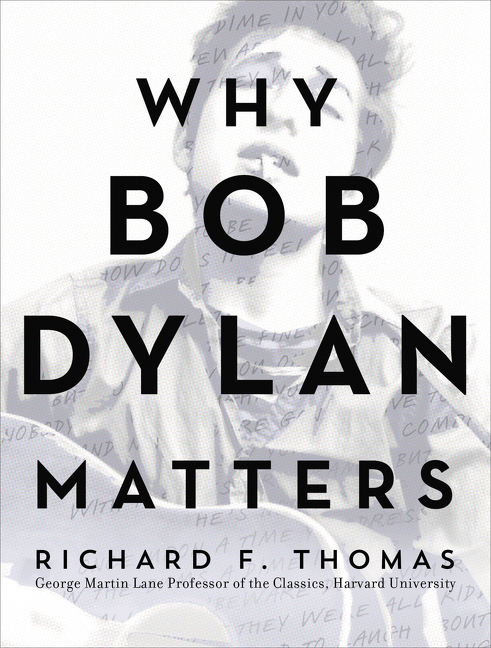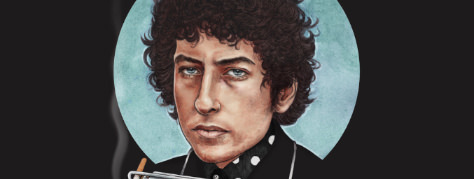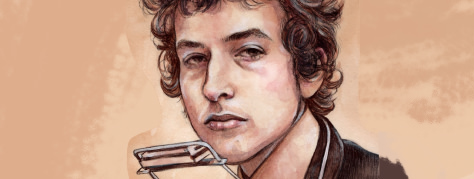What do you think?
Rate this book


368 pages, Hardcover
First published November 21, 2017
'I've been sitting down studying the art of love | I think it will fit me like a glove.' (Thunder on the Mountain)
The only Art of Love I knew was the three-book poem of Roman poet Ovid, a playful early work, a 'how-to' for those looking to get and keep a romantic partner. But Modern Times didn't seem to have much to do with that poem, but rather, if anything, with the last poems Ovid wrote.

